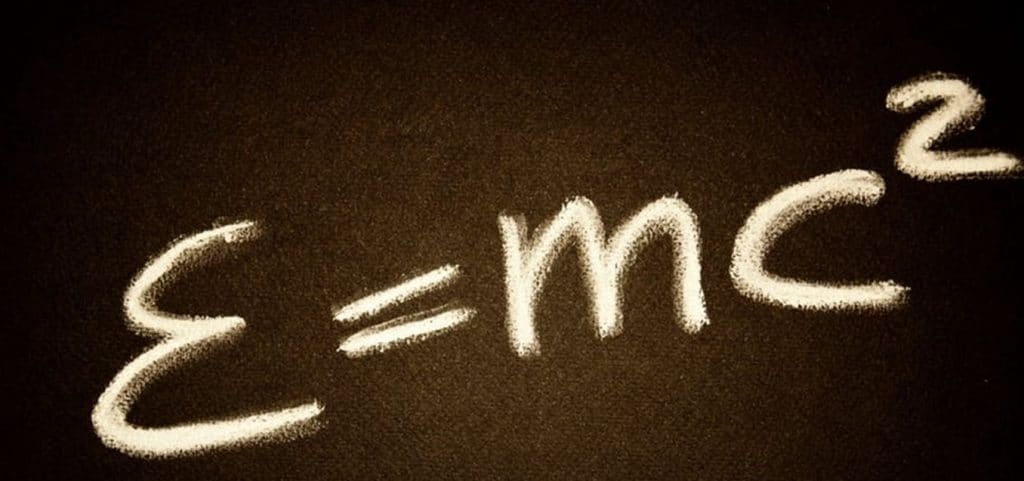Roulette is one of those casino table games which are well loved, but which most players new to the game (or even familiar with it) would typically assume is completely luck-based. While there are elements of truth to this (you can’t control where the ball lands, after all), there are certain strategies you can use in order to make your predictions more accurate, as well as helping your bankroll last longer.
Know the Odds
As with any other types of games, certain bets in roulette have a higher probability of occurring. And, if you know what these are, you’re more likely to make a successful prediction. But this does not mean you will have long-term profit.
Stripping down to the basics: a game of roulette has two different types of bets on the layout; outside bets and inside bets. Outside bets have a higher chance of occurring, but pay out less money. On the other hand, inside bets have lower odds, but pay out more money. You have to make the choice between low risk and low reward, or high risk and high reward.
Here’s what qualifies as an outside bet or an inside bet:
Outside bets
- Numbers 1 to 18
- Numbers 19 to 36
- Red or black
- Even or odd
- Dozen bets (bet covers 12 numbers)
- Column bets (bet covers 12 numbers)
Inside bets
- Straight up (bet is placed on a single number)
- Split (splits two numbers)
- Street (three numbers in a row)
- Corner (four numbers)
- Basket (betting on 1,2,3 and 0)
- Six line (six numbers in two rows)
- Trio (bet on a ‘triangle’ of numbers – for example 0,1 and 2, or 0,2 and 3)
As you can see, the outside bets, the more straightforward of the two types of bets – numbers, colors – carry lower risks and rewards, while the inside bets, the more complicated ones, carry higher risk and higher rewards (although, on an important side note – this article refers to standard roulette, without a double zero – ‘00’, unless stated otherwise).
Know Your Strategy
Making correct predictions relies also on having enough time to do so – by maximizing and maintaining your bankroll. This is where roulette strategy comes into play. If you’re unfamiliar with roulette strategy, it’s best to stick to those lower risk outside bets, so you can see quicker returns and maintain your bankroll.
Here’s a quick overview of each of the popular strategies (none of them actually beat roulette in the long-term):
- Martingale – double your bets when you lose, until you hit a win. This strategy has a low likelihood of netting a big win, but also a big loss.
- Reverse Martingale – the opposite of the above – double your bets when you win, until you lose. Needless to say, this strategy has a high chance of netting big wins – and again big losses.
- D’Alembert – repeat your starting bet for every win, and if you lose, double your bet. This strategy has low chances for big wins.
- Reverse D’Alembert – the reverse of the above – double your bet each time you win, and stop when you lose. This has medium chances of netting big wins for you.
- Fibonacci – this is based on a mathematical formula: start by betting 1. If you lose, bet 1 + 1 – so you bet 2. If you lose, add the sum of your last bet to the sum of your current bet – e.g. 2+ 1 = 3. If you win, you go back to betting your second to last bet – e.g., if you’ve bet 21, 13, 8, you’d go back to betting 13.
- Oscar’s Grind – start by betting 1. Keep betting this amount until you see a loss, then up your bet to 2. If you win, go back to betting 1. This aims to net you a small profit, and needless to say, has a low probability of winning big sums.
- Paroli – start with a small amount, and if you lose, keep your bet the same. If you win, double your stake. If you win three bets in a row, go back to your original stake. This has a high possibility of large lucky wins.
- Cover The Table – this is one for players who like to try a bit of everything, but comes very strongly advised against. In this strategy, players cover most, but not all, of the grid numbers. You’re likely to lose big more often than you win, which will in any case be a very small win, which is unlikely to offset the huge losses.
- Flat Betting – bet a set amount on every spin. This is a great way to experiment with those high-risk inside bets, without losing too much.
Understanding the House Edge
Since predictions rely on understanding the house edge, and each type of roulette has a different house edge. The most common versions of roulette you’ll see in casinos are American, French, and European roulette: American roulette has a house edge of 5.26% (thanks to the presence of its double zero – ‘00’, the house edge increases, as it’s twice as likely you’ll land on a zero), while European and French roulette have a house edge of 2.70%. Generally, players have a better chance of predicting the outcome of the game when playing French or European roulette, due to their lower house edge. The exception is when physics on American wheels can be used to obtain a higher advantage. It all depends on the individual wheel as they each have different physical characteristics.
Practice Makes Perfect
It’s a bad idea to start jumping into a game without having considered your bankroll, not having read up on strategy, and without having gotten some practice in.
Whether you’ve never played before or just are looking to improve your strategy, practicing with free games helps players become better at predicting the outcome of a game without risking their own money. Online casinos offer both free demo games and real money games. Mastering the roulette wheel is better when you play free games risk-free at first before betting with your precious bankroll. This allows you to get a better feel for the game, and maybe test out a few of the above strategies, or develop your own without having to continually worry about losing anything.
As mentioned above, when you begin playing for real money, it’s best to make smaller bets so as to avoid losing too much at once.

Learn a Little Physics
You may have thought that you’d never use all of that information you learned in physics class long ago. However, roulette players can turn the odds in their favor by knowing some basic physics. It was once considered nonsense, but is now becoming more common knowledge that roulette not a completely random game. Of course, this only works in a land-based casino as online roulette uses a random number generator to determine the outcome of the game, although this can come in useful when playing at a real-life casino.
To get the best free roulette systems that really work, see the top 5 proven roulette systems and the video series below. It's the best 100% free information for winning roulette you'll find. It's written by professionals who are really earning a living from roulette. |

